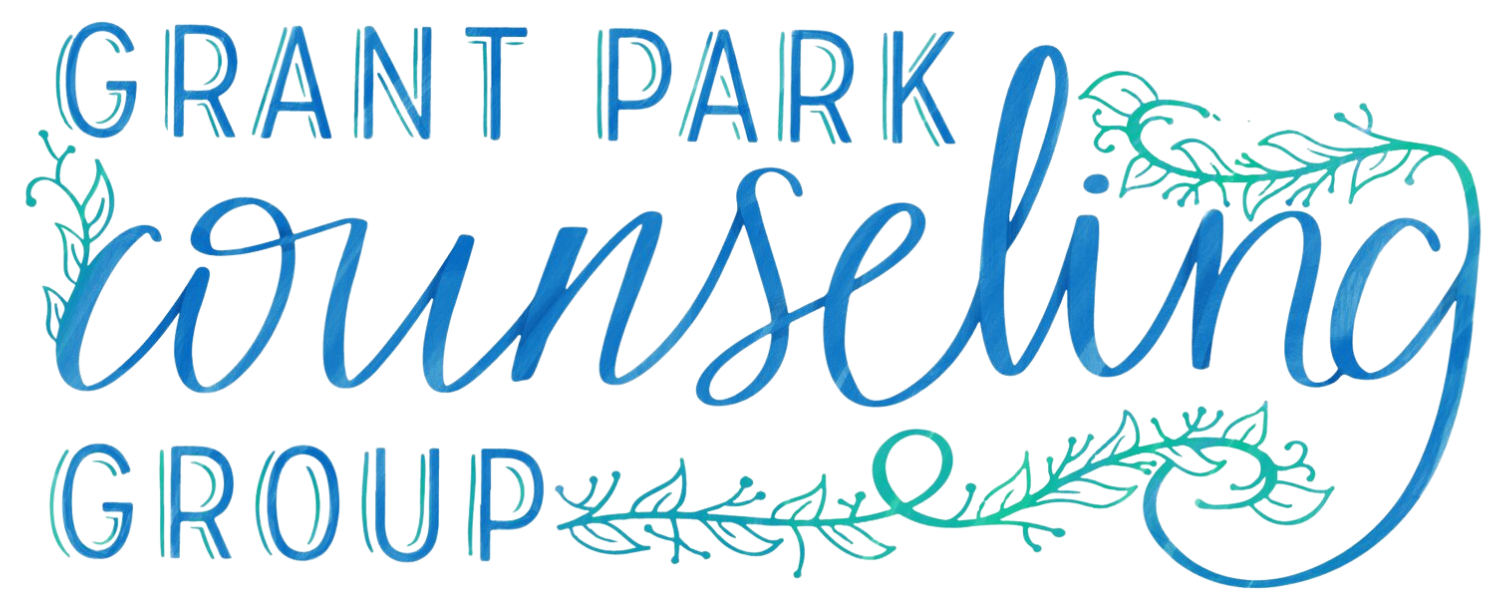Reality can be Relative
All of us humans exist together on this planet and have different cultural and societal norms that we have all agreed to, and there are many similarities amongst us all, but there is only one of each of us. This may sound overly simplistic, but because of this, each of us has our own unique perspective on our world around us, and therefor this makes the concept of reality a relative experience to an extent. Sure, there are some universal truths, and facts exist as well as fiction, but how we interpret our world around us is unique.
Let’s talk a little more about how our perceptions shape our reality.
They say no two siblings grow up in the same household. This may not literally be true as they share a living space and rooms, but their perspective of how they see the world, what happens to them, and how they view events and interactions is going to be different- therefore making different realities.
As we form our own experiences, and just generally exist in the world around us, we have to use language to interpret what we are seeing and experiencing. Many of us may take language for granted, and only really think about it when we have to do something like give a speech or write a paper, but there is no escaping language and communication. We use language to think, and this is incredibly significant as the language we consciously or subconsciously use to interpret our world around us influences our perceptions.
Language influences our reality.
We humans enjoy a good narrative. It allows us to easily make sense of things and provides a lovely little structure to our lives. Some of these narratives we tell ourselves can become harmful, and lead to us experiencing distress. Some ways these narratives can become harmful is when we generalize, delete information, or make distortions.
People make generalizing, sweeping, all-or-nothing, black-and-white statements all the time. “I’m always tired.” “They’re always late.” “This anxiety will never go away.” The list can go on. How often are these generalizing statements rational? Are there exceptions to these rules- because that’s what we do when we make a generalization, we make a rule for ourselves- and can they be broken?
When I say ‘delete information’ what I’m talking about is only paying attention to things that serve the narrative we are creating in our head and ignoring everything else. Let’s say ten people give you a compliment, and one person gives you a critique, you only remember the critique and not the other statements that were positive. We may delete things that don’t follow our general rules that we have created.
A distortion could be any form of shifting of experiences to fit our narrative. A silly example may be the fisherman whose fish gets bigger each time they tell the story of the fish they caught. It could also be applying negativity to experiences. Going back to those ten people who complimented you, you could distort the experience by saying, “they were just saying that to be nice, or out of pity…” That is distorting the experience to fit a negative narrative when deleting those compliments didn’t stick.
I know this, now what?
Now take some time and work with yourself or with your therapist to find what sort of generalizations, rules, narratives, deletions, or distortions you may be telling yourself. Is there a more helpful version of events that will better serve you that is healthy and rational? You can use a journal, talk it out with someone you trust, or some other method that sparks in your imagination to help you change your narrative and live your best life.
